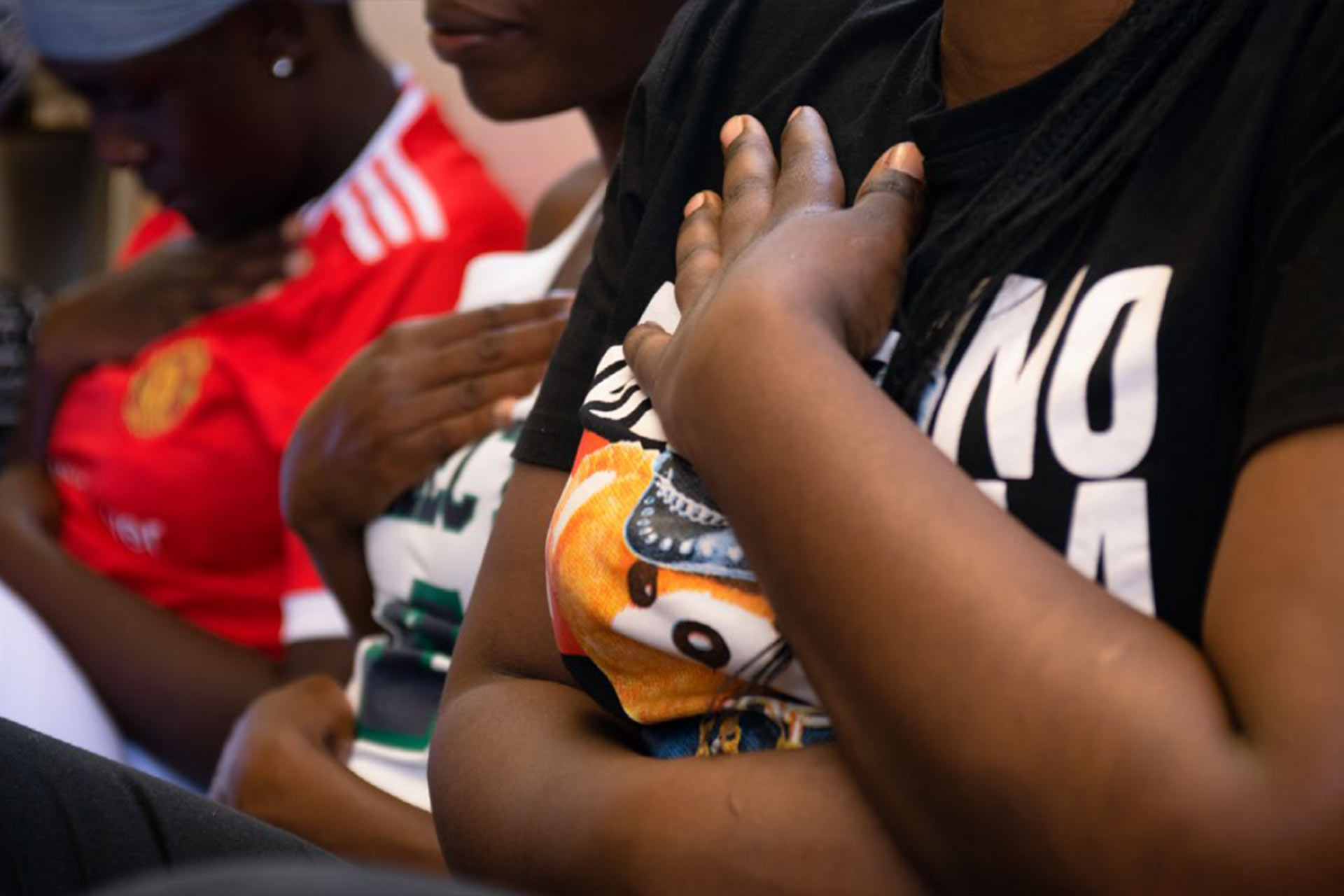Conveying safety: how to promote safeguarding when engaging people with lived experience in anti-modern slavery work
Author: Azadi Kenya, Regional Researcher for East Africa
Project summary
This study explored safeguarding protocols and contextualisation issues in Kenya. It involved a collaboration with people with lived experience (survivors) via two focus groups to identify and discuss safeguarding elements, complemented by interviews with four safeguarding professionals in Kenya. Based on the insights from these methods, the team developed several outputs: a project report, a safeguarding toolkit, and a reflective note on their collaborative research.
The key findings were that an inclusive approach combining empathy and caution can prioritise survivor autonomy and involve them as collaborators, not just subjects. Developing organisational safeguarding policies and a sensitive culture can create a secure environment for engaging meaningfully, in terms of sharing experiences, insights and expertise. Clear communication about boundaries, consent, confidentiality, and available support establishes trust. Tailored resources and trauma-informed strategies ensure emotional well-being. Regular check-ins and exit strategies further safeguard people with lived experience in engagements. Vigilance against re-traumatisation must guide every step and practice of safeguarding. The focus on safeguarding was found to be of great value: by fostering a culture of safety, antislavery work can genuinely empower survivors, offering a platform for their voices and agency while upholding their dignity and emotional welfare.
